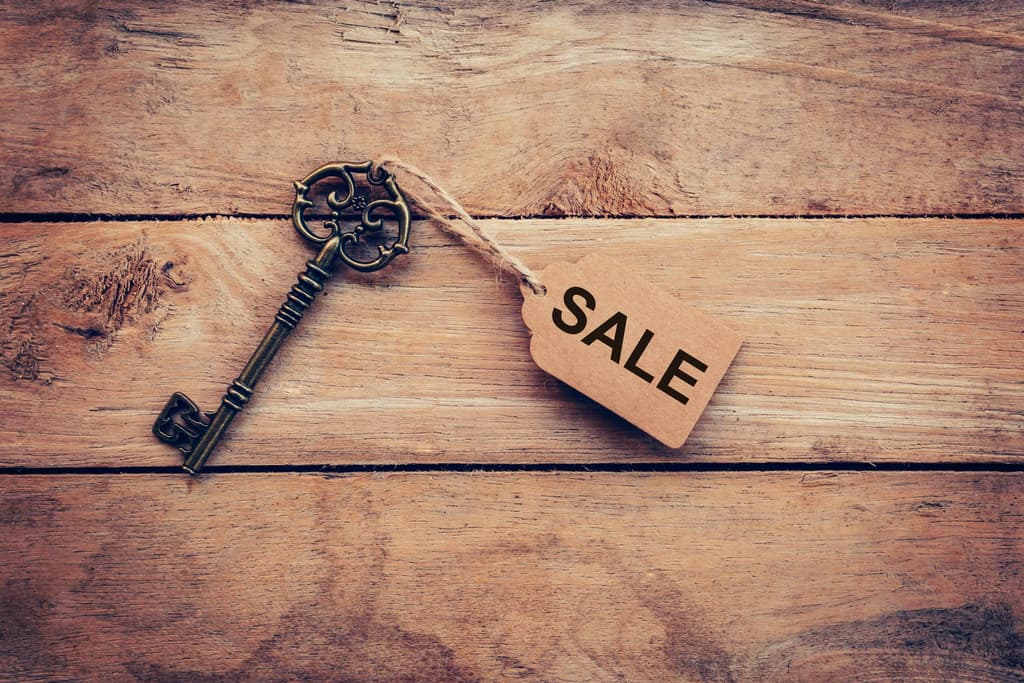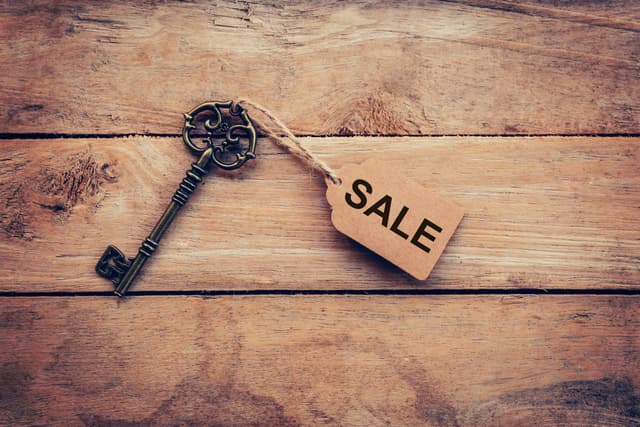Purchasing Valuable Assets in a Secure & Confidential Way

In today's world, buying valuable assets can feel like navigating a complex maze. Whether you're investing in real estate, precious metals, or fine art, ensuring that your transactions are both secure and confidential is crucial. This guide will walk you through the essential steps and strategies to purchase valuable assets without compromising your privacy or security.
Table of Contents
- Introduction
- Understanding Valuable Assets
- Importance of Security and Confidentiality
- Steps to Secure Asset Purchase
- Choosing the Right Asset
- Research and Due Diligence
- Secure Transaction Methods
- Legal Considerations
- Confidentiality Measures
- Role of Professionals
- Technology in Asset Purchase
- Real-Life Examples
- Common Pitfalls and How to Avoid Them
- Conclusion
- FAQs
Introduction
Purchasing valuable assets can be likened to a treasure hunt, where the goal is not just to find the treasure but to secure it safely and discreetly. With increasing concerns over privacy and security, it's important to adopt strategies that protect both your investment and your identity. This article will guide you through the process, providing tips and insights to make your journey smoother and more secure.
Understanding Valuable Assets
Before diving into the process, let's define what we mean by valuable assets. These can range from tangible items like real estate, precious metals, and art, to intangible assets such as stocks and intellectual property. Understanding the nature of these assets is the first step in making informed purchasing decisions.
Importance of Security and Confidentiality
Why is it so crucial to focus on security and confidentiality when purchasing valuable assets? Imagine buying a rare painting only to have it stolen because of a lack of proper security measures. Or consider the risks of having your financial details exposed during a property transaction. Ensuring that your purchases are secure and confidential protects you from potential financial loss and identity theft.
Steps to Secure Asset Purchase
4.1 Define Your Objectives
Start by clearly defining your investment goals. Are you looking for long-term growth, quick profit, or something else? Your objectives will influence the type of assets you should consider.
4.2 Budget Planning
Determine your budget and stick to it. This includes not just the purchase price, but also additional costs such as taxes, insurance, and maintenance.
4.3 Choose Reliable Sources
Only deal with reputable sellers and intermediaries. Research their background, read reviews, and check for any red flags before proceeding.
Choosing the Right Asset
5.1 Real Estate
Real estate is a popular choice due to its potential for appreciation and rental income. However, it's essential to consider location, market trends, and property condition.
5.2 Precious Metals
Investing in gold, silver, or platinum can be a good hedge against inflation. Ensure you buy from reputable dealers and consider secure storage options.
5.3 Fine Art and Collectibles
These can be both aesthetically pleasing and financially rewarding. Verify authenticity and provenance before making a purchase.
Research and Due Diligence
6.1 Market Analysis
Understand the current market trends and future projections. This helps in timing your purchase and anticipating potential returns.
6.2 Asset Verification
Verify the authenticity and condition of the asset. For real estate, this includes title checks and property inspections. For art, this involves provenance and expert appraisals.
6.3 Risk Assessment
Evaluate the risks associated with the asset. This includes market volatility, liquidity, and potential legal issues.
Secure Transaction Methods
7.1 Bank Transfers
Using a bank transfer ensures a secure and traceable payment method. Avoid cash transactions as they are harder to track and can be risky.
7.2 Escrow Services
Escrow services act as a neutral third party holding the funds until the transaction is complete. This adds an extra layer of security.
7.3 Digital Payment Platforms
Platforms like PayPal and cryptocurrency can offer secure payment options. Ensure the platform you choose has robust security measures in place.
Legal Considerations
8.1 Contract Review
Have all contracts reviewed by a legal professional. Ensure all terms are clear and protect your interests.
8.2 Compliance with Regulations
Ensure your purchase complies with all relevant laws and regulations. This includes tax implications and reporting requirements.
8.3 Intellectual Property
If you're buying intellectual property, ensure that all rights are properly transferred and documented.
Confidentiality Measures
9.1 Non-Disclosure Agreements
Use NDAs to ensure all parties involved keep the transaction details confidential.
9.2 Privacy Protection Services
Consider using services that offer anonymity and privacy protection during transactions.
9.3 Discreet Handling
Handle all communications and transactions discreetly. Avoid disclosing details unnecessarily.
Role of Professionals
10.1 Financial Advisors
A financial advisor can help you make informed decisions based on your financial goals and risk tolerance.
10.2 Legal Experts
Legal experts ensure that your transactions are legally sound and protect you from potential disputes.
10.3 Security Consultants
For high-value assets, a security consultant can advise on the best practices to secure your investment.
Technology in Asset Purchase
11.1 Blockchain Technology
Blockchain provides a secure and transparent way to record transactions, ensuring authenticity and reducing fraud.
11.2 Online Marketplaces
Use reputable online marketplaces that offer secure transaction methods and buyer protection.
11.3 Digital Wallets
For digital assets, use secure digital wallets to store and manage your investments.
Real-Life Examples
12.1 Success Stories
Study success stories of individuals who have successfully purchased valuable assets. Analyze their strategies and apply relevant lessons.
12.2 Cautionary Tales
Examine cases where purchases went wrong due to lack of security or confidentiality. Learn from their mistakes to avoid similar pitfalls.
Common Pitfalls and How to Avoid Them
13.1 Overpaying
Avoid overpaying by conducting thorough research and seeking multiple valuations.
13.2 Ignoring Legal Aspects
Never ignore the legal aspects of a transaction. Always seek legal advice and ensure compliance with regulations.
13.3 Neglecting Security
Don't neglect security measures. Invest in proper storage, insurance, and security systems to protect your assets.
Conclusion
Purchasing valuable assets doesn't have to be a daunting task. With the right approach and careful planning, you can secure your investments and maintain your privacy. Remember to define your objectives, conduct thorough research, use secure transaction methods, and seek professional advice. By following these steps, you can navigate the process with confidence and peace of mind.
FAQs
- What are the best assets to invest in for long-term growth?
Real estate, stocks, and precious metals are often considered good options for long-term growth due to their potential for appreciation and resilience against inflation. - How can I ensure the confidentiality of my purchases?
Use non-disclosure agreements, privacy protection services, and handle transactions discreetly to maintain confidentiality. - What should I consider when choosing a payment method?
Choose secure and traceable payment methods such as bank transfers or escrow services. Avoid cash transactions and ensure the platform has robust security measures. - Why is legal advice important when purchasing valuable assets?
Legal advice ensures that your transactions are compliant with laws and regulations, protecting you from potential disputes and legal issues. - How can technology enhance the security of asset purchases?
Blockchain technology, secure digital wallets, and reputable online marketplaces can enhance the security and efficiency of your asset purchases.

